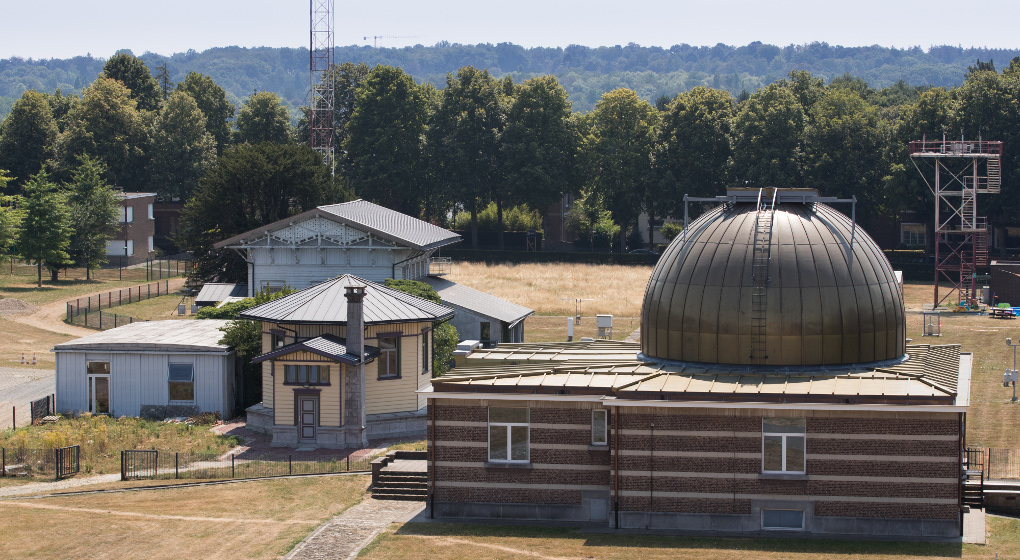Lockdown measures around the world, including in Belgium, are causing a change in the planet's seismic activity, Nature reported on Tuesday.
"Researchers who study Earth’s movement are reporting a drop in seismic noise — the hum of vibrations in the planet’s crust — that could be the result of transport networks and other human activities being shut down," according to Nature.
"A noise reduction of this magnitude is usually only experienced briefly around Christmas," said Thomas Lecocq, a seismologist for the Royal Observatory of Belgium, where the drop has been observed.
Moving vehicles and industrial machinery cause the earth's crust to move just like earthquakes do, as Nature explained. This produces "background noise, which reduces seismologists’ ability to detect other signals occurring at the same frequency."
The current drop has boosted the sensitivity of the observatory’s equipment, according to Nature. "The facility’s surface seismometer is now almost as sensitive to small quakes and quarry blasts as a counterpart detector buried in a 100-metre borehole," Lecocq said.
Related News
- 1 in 5 Europeans 'suffers' from noise pollution because of traffic
- Coronavirus: European Parliament offers its services to Brussels
- Coronavirus: Europe is standing still
The reduced background noise could help seismologists pinpoint the locations of earthquake aftershocks and "could also benefit seismologists who use naturally occurring background vibrations, such as those from crashing ocean waves, to probe Earth’s crust. Because volcanic activity and changing water tables affect how fast these natural waves travel, scientists can study these events by monitoring how long it takes a wave to reach a given detector."
All over Europe, movement has dropped dramatically according to data from Citymapper. Mobility in Brussels dropped from 71 to 7%. Other seismic monitoring station may not measure as significant changes, however, as "many stations are purposefully located in remote areas or deep boreholes to avoid human noise. These should see a smaller decrease, or no change at all, in the level of high-frequency noise they record," according to Emily Wolin, a geologist at the US Geological Survey in Albuquerque, New Mexico.
Jason Spinks
The Brussels Times

